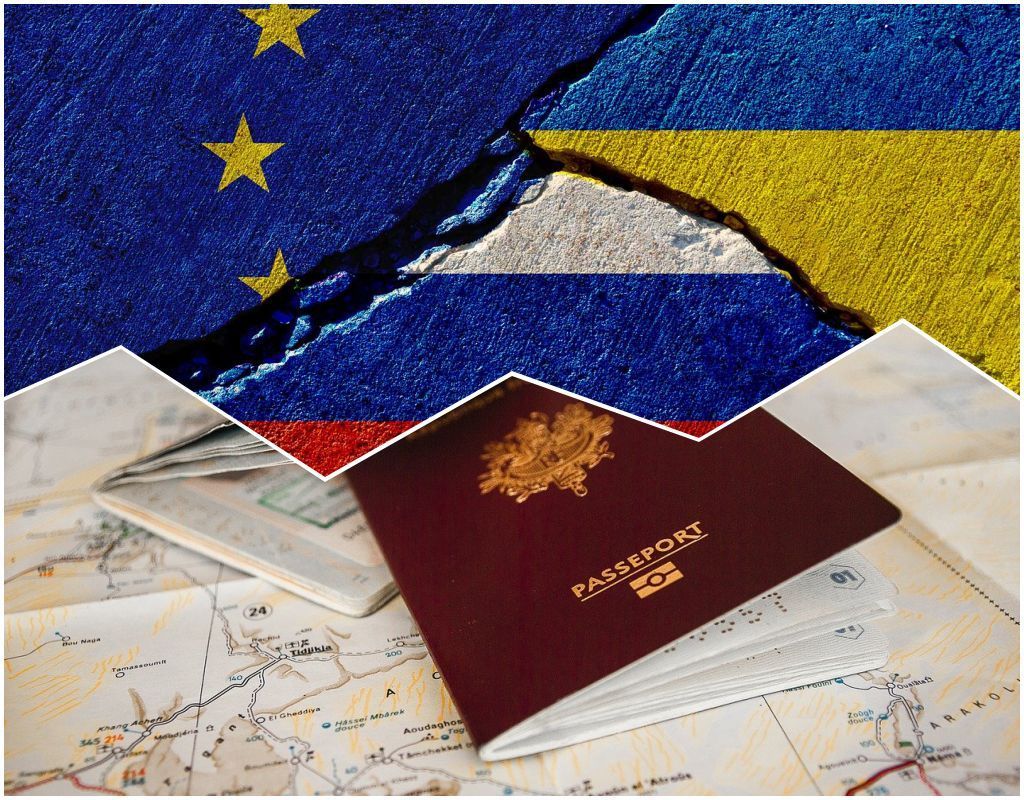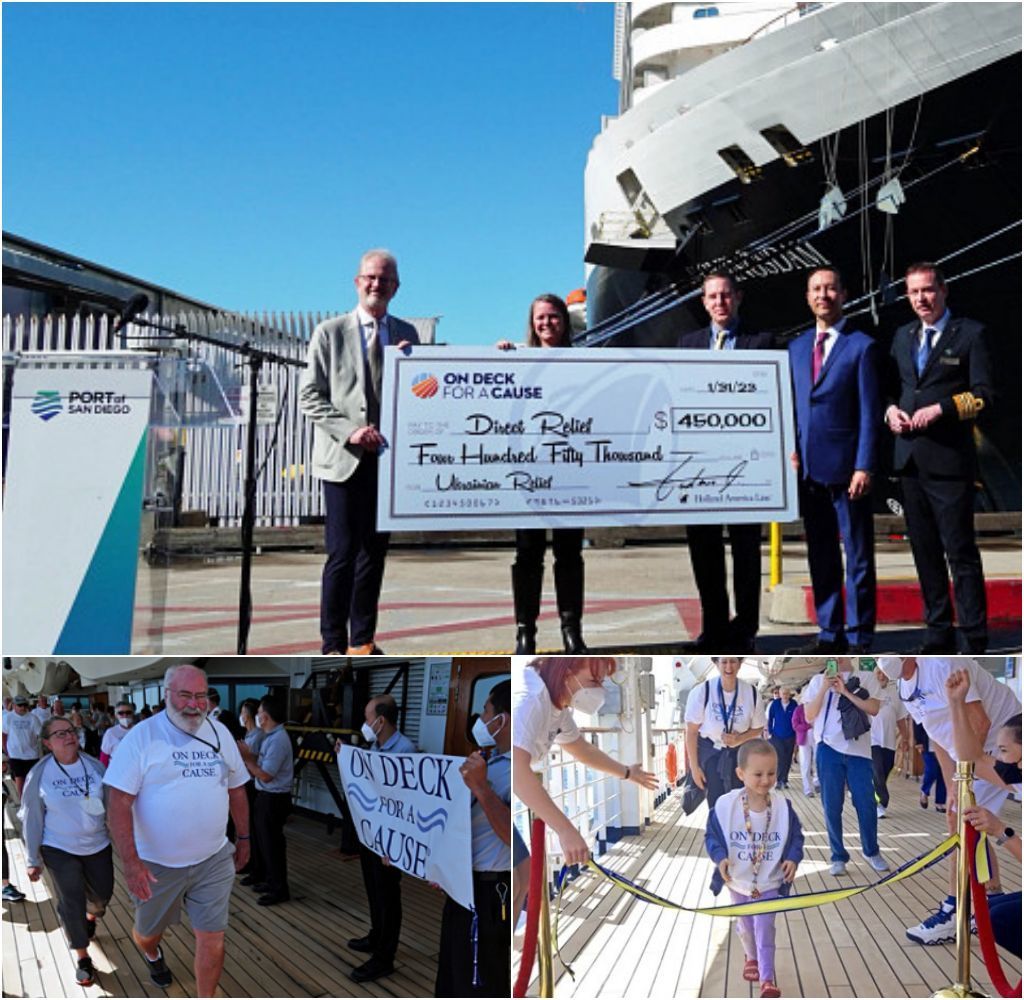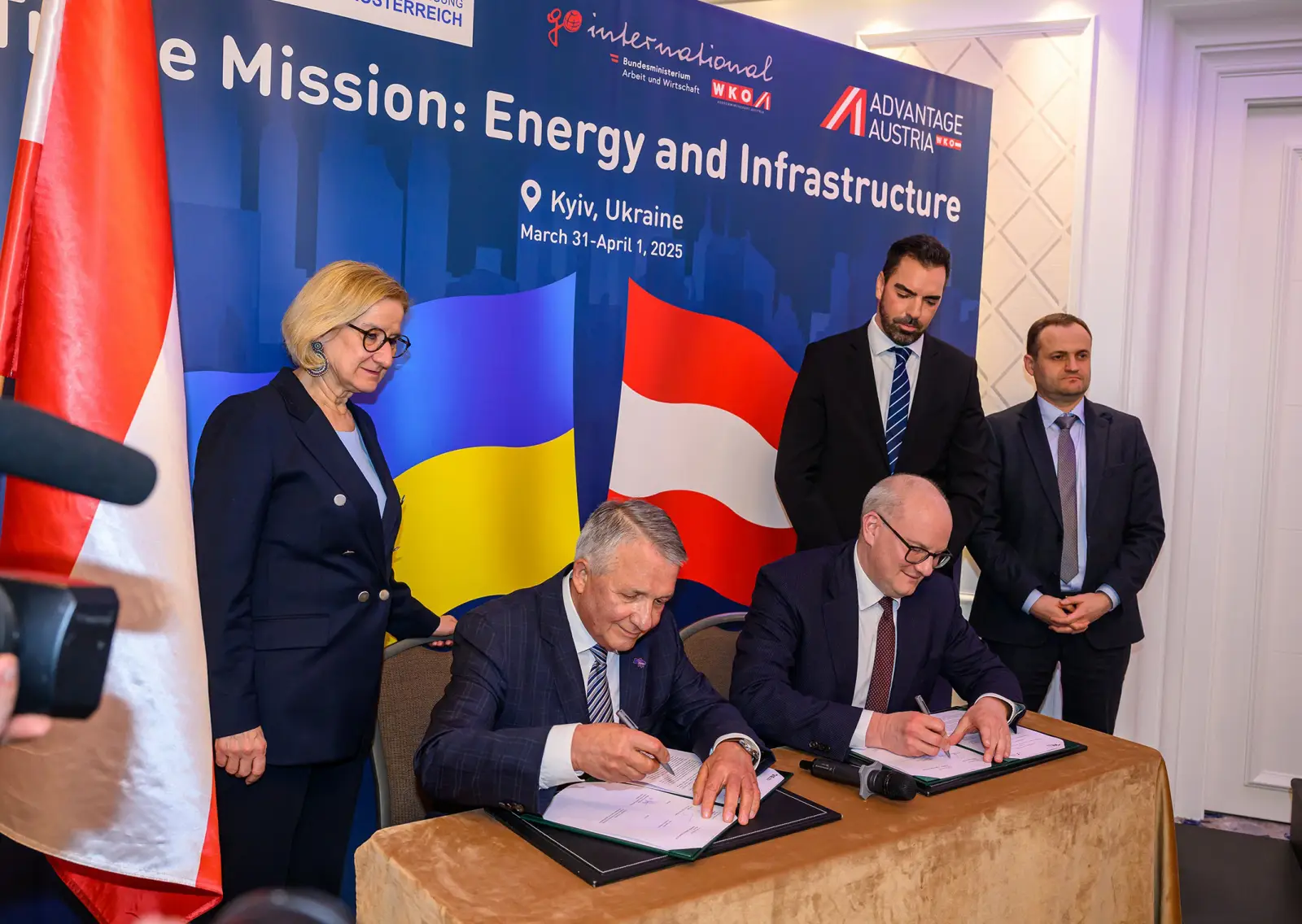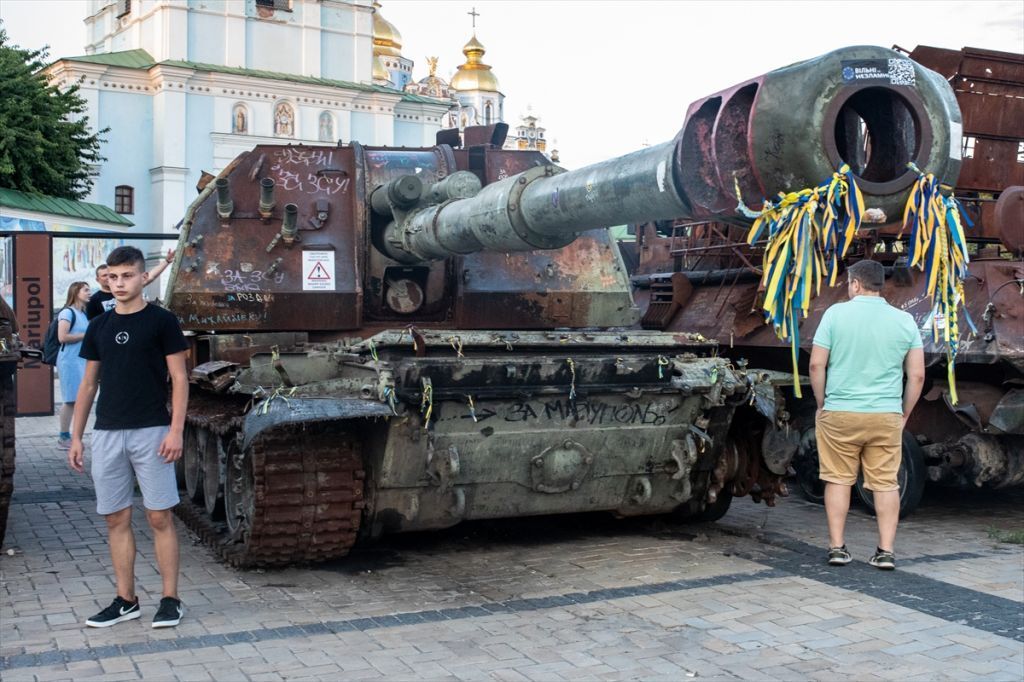Following Russia’s invasion of Ukraine, the impact on travel freedom and mobility has been more dramatic. Russian passport is downgraded to junk status throughout much of the developed world.
The latest results from the Henley Passport Index — the original ranking of all the world’s passports according to the number of destinations their holders can access without a prior visa — clearly illustrate the war’s profound and perhaps irreversible impact on freedom of movement within the region as a new Iron Curtain descends.
The invasion has triggered the worst refugee crisis in Europe since World War II, with more than 4 million Ukrainians having fled to neighboring countries. In response to Russia’s actions, the EU, the US, Canada, and other Western countries have closed their airspaces to Russian air carriers, imposed stiff travel bans on individual Russian citizens, and in many cases have stopped processing visa applications altogether, effectively condemning the Russian passport to junk status throughout much of the developed world.
In stark contrast, the EU has approved an emergency plan allowing Ukrainians to live and work in any of its 27 member states for up to three years while many other Western countries have adjusted their visa policies in favor of Ukrainian passport holders or waived visa requirements altogether.
Ukraine’s visa-free score at a record high
Ukraine currently has a visa-free/visa-on-arrival score of 143, a record high for the country, which now ranks 34th on the index. The country has climbed an impressive 26 places over the last five years, after its citizens were granted visa-free access to Europe’s Schengen Area in 2017. Russia trails behind in 49th place, with a score of 117. There is every reason to suggest that the global mobility gap between the two countries will almost certainly increase in the coming months, as the brutal fallout from the war continues.
The providence of passports
Elsewhere on the ranking, Japan and Singapore continue to share the number one spot, with their passport holders able to access 192 destinations around the world visa-free, not taking temporary Covid restrictions into account. Germany and South Korea hold the joint-2nd place, with a visa-free/visa-on-arrival score of 190, while Finland, Italy, Luxembourg, and Spain share 3rd place, with their passport holders able to access 189 destinations around the world without having to acquire a visa in advance. The UK, which recently dropped all remaining Covid-related restrictions, now sits in 5th place, with a score of 187, with the US just one place behind in 6th spot, with a score of 186. Afghanistan remains at the bottom of the index with its nationals only able to access 26 destinations visa-free.
With all eyes on the impact of the Russian invasion, it is nevertheless worth emphasising here that the latest rankings once again reflect a staggering gap in travel freedom between the wealthy, relatively peaceful countries that dominate the index’s top spots, and the poor, conflict-stricken states that occupy the bottom positions. There is now a difference of 166 points between the two top-ranking passports on the index and the bottom ranking passport, and analysis of the historical data suggests that this gap could well increase in the future. Looking at the countries that have fared worst on the index over the past 10 years, there is an obvious correlation between a fall in the rankings and a rise in violent conflict. Yemen, for instance, has dropped a shocking 16 places in the rankings since 2012, and now sits in 108th place, with a score of just 33. Syria has dropped 14 spots over the same period, and now sits in 110th place, with a score of 29.
The great success story of the index remains the UAE, which now sits in 15th place, with a visa-free/visa-on-arrival score of 175 — an astonishing ascent from its position 10 years ago, when it sat at 64th place with a score of 67.
Dr. Christian H. Kaelin, Chairman of Henley & Partners and the inventor of the passport index concept, said, “As the value of the Russian passport rapidly declines and the world opens its doors to Ukrainians, it is abundantly clear that the passport you hold determines your fate and dramatically impacts the opportunities you have. While it is impossible to predict what the world will look like in the shadow of a new Cold War, the latest index suggests that the divide between Russia and much of the Western world will only increase.”
Climate change and migration: the coming storm
While the current Ukrainian refugee crisis is a harsh reminder that conflict continues to displace people, most experts now agree that over the next 25 years the effects of climate change will become the most prevalent displacement driver worldwide.
Prof. Dr. Khalid Koser, Executive Director of the Global Community Engagement and Resilience Fund (GCERF) and Member of the Governing Board of Andan Foundation in Switzerland, notes that this will largely impact people from the Global South, who are already suffering the devastating effects of the climate crisis: “Extreme weather events are increasing in frequency and severity. The risks are highest in the Global South — between 2010 and 2020, 15 times more people died from floods, droughts, and storms in very vulnerable regions including parts of Africa, South Asia, and Central and South America, than in other parts of the world.”
According to exclusive research by Henley & Partners and Deep Knowledge Analytics into the correlation between passport power and climate adaptation, wealthy and developed nations with the greatest visa-free access also score highly when it comes to ability and readiness to adapt to the impacts of climate change.
The data shows predictable correlations in terms of wealth, visa-free access, and climate readiness. This is all the more reason to enable greater mobility for those who need it.
Investment migration: a pathway to security
Henley & Partners has experienced unprecedented demand in recent months for investment migration programs that provide a pathway to residence rights or alternative citizenship acquisition. There has been an 80% increase in new enquiries over the past 12 months off the back of an already record-breaking year in 2020 as wealthy investors move to diversify their domiciles and relocation options in a bid to secure greater global access and optionality as a hedge against unrelenting market and political volatility.
Dr. Juerg Steffen, CEO of Henley & Partners, says holding more than one citizenship, with the range of personal access rights each guarantees, is the ultimate asset in a time of crisis. “The accident of one’s place of birth should not have to define one’s destiny. The benefit of a second or even third passport is often simply peace of mind and the knowledge that in the event of a catastrophe, relocation or repatriation is possible. Following the global pandemic, and now the war in Ukraine, this has become completely clear.”













